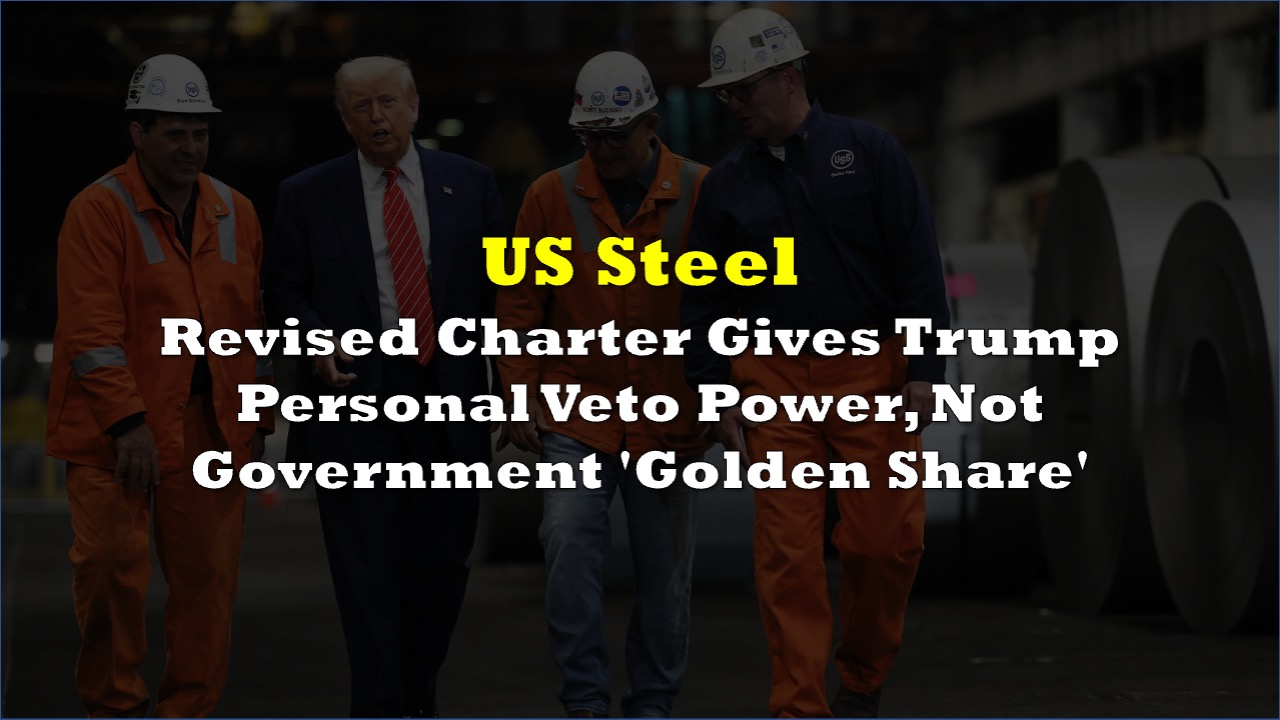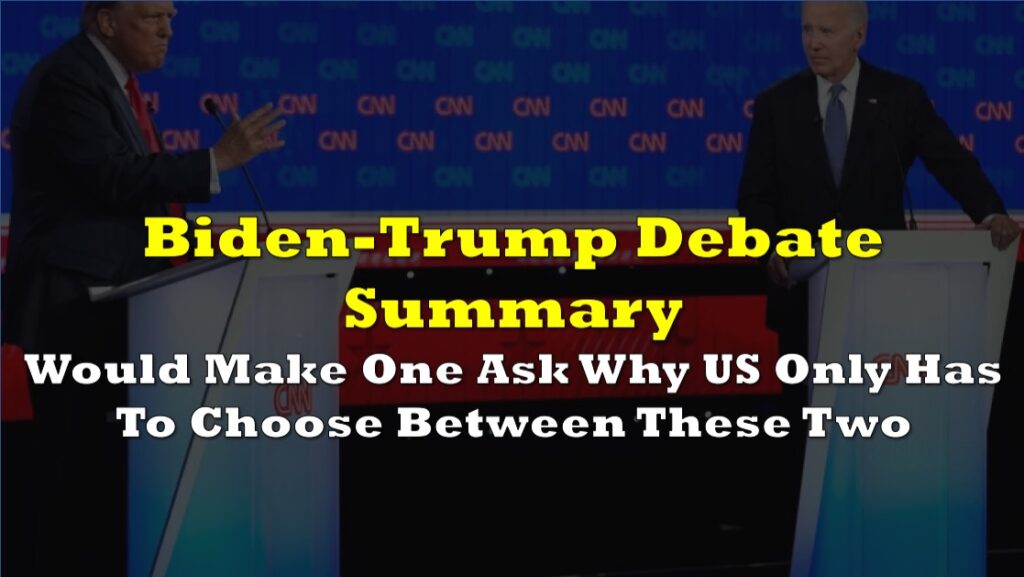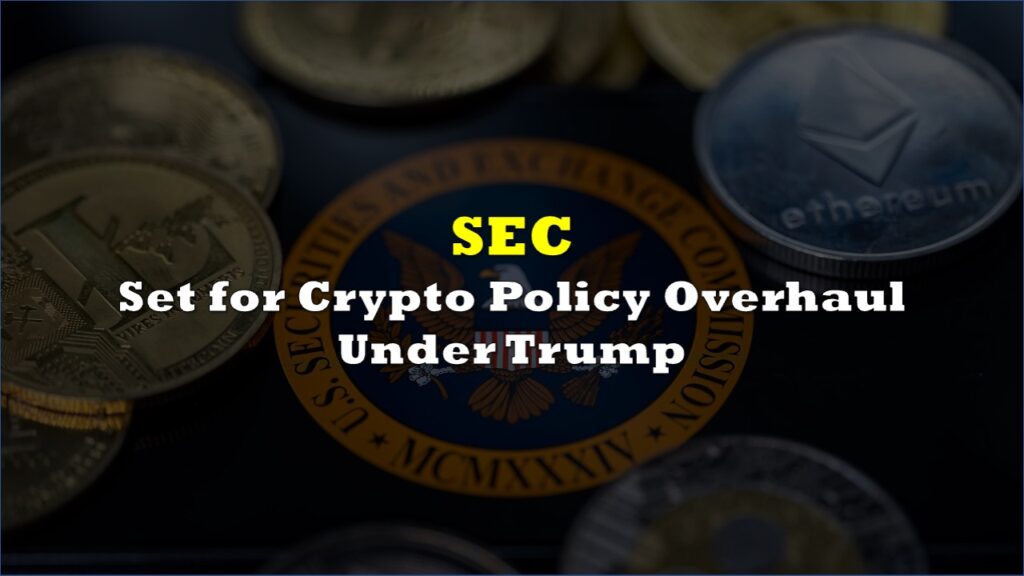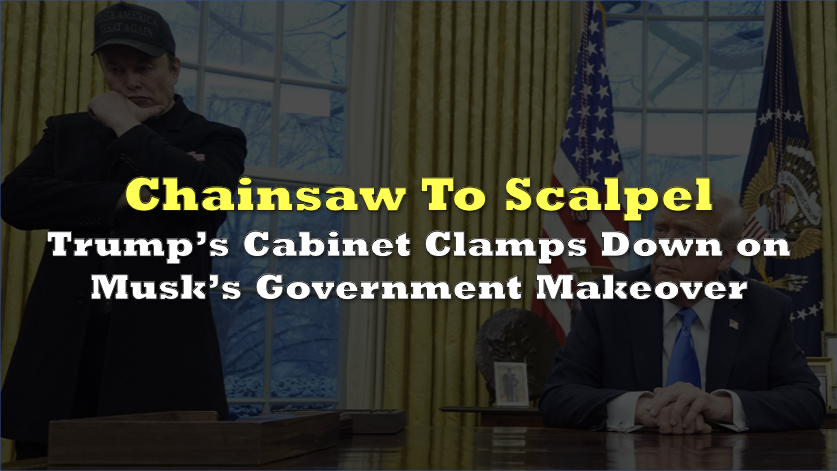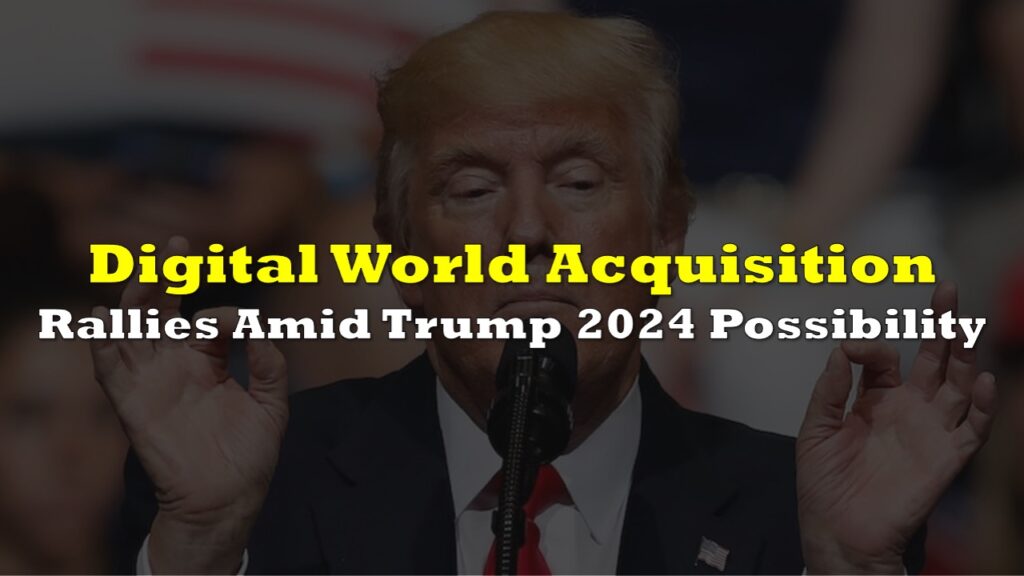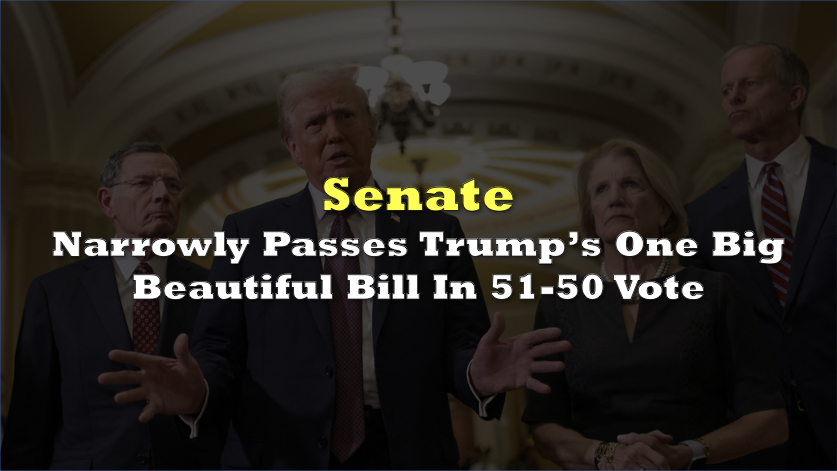The revised corporate charter governing Nippon Steel‘s acquisition of US Steel (NYSE: X) grants personal veto power to President Donald Trump rather than creating a traditional government “golden share,” according to the company’s Fifth Amended and Restated Certificate of Incorporation filed with securities regulators.
The revised charter requires Trump’s personal written consent — or that of his designated representative — for major corporate decisions while he serves as president. Only after Trump leaves office would this authority transfer to federal agencies under the National Security Agreement.
Sure looks like the revised US Steel corporate charter does *not* create a golden share owned by the U.S. government, but instead gives personal veto power to Donald Trump, which only reverts to the U.S. Treasury and Commerce Department when he’s no longer president. pic.twitter.com/umO48VpMl5
— Robinson Meyer (@robinsonmeyer) June 25, 2025
The charter amendments, as shown in the certificate of incorporation, prohibit the corporation from undertaking significant actions without Trump’s approval, including changing the company name from “United States Steel Corporation,” relocating headquarters from Pittsburgh, or moving the company’s legal domicile outside the United States.
The document also bars the company from reducing capital investments, closing production facilities before specified dates, or making material acquisitions of competing US businesses without presidential consent.
Trump retains personal authority over trade-related recommendations from federal agencies and can block corporate restructuring through mergers or consolidations.
The arrangement differs significantly from traditional “golden share” structures, where governments hold special voting rights through institutional mechanisms. Instead, the US Steel charter creates what amounts to personal presidential oversight that only reverts to the Commerce and Treasury departments when Trump is no longer in office.
According to the charter document, any corporate actions taken without required consent would be “null and void ab initio, ultra vires and of no force or effect.”
The personalized nature of the oversight arrangement appears unusual compared to typical foreign investment agreements, which generally grant authority to government agencies rather than individual officials.
The Nippon Steel acquisition closed June 18 following months of political controversy and national security reviews. The Japanese steelmaker paid nearly $15 billion for the iconic American company.
Information for this story was found via the sources and companies mentioned. The author has no securities or affiliations related to the organizations discussed. Not a recommendation to buy or sell. Always do additional research and consult a professional before purchasing a security. The author holds no licenses.

